Dendias: We are strengthening defence relations and strategic cooperation between Greece and France
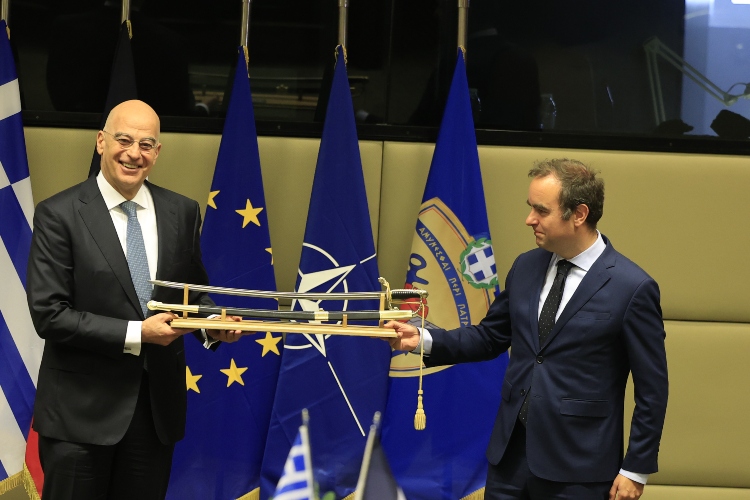
Πηγή Φωτογραφίας: Eurokinissi//Dendias: We are strengthening defence relations and strategic cooperation between Greece and France
The further strengthening of the relations in defence and strategic cooperation between Greece and France within NATO and the EU dominated a meeting between Defence Minister Nikos Dendias and French Armed Forces Minister Sébastien Lecornu on Monday, at the defence ministry in Athens.
Dendias called the meeting “fruitful and candid, in the framework of our long-standing, traditional bonds, common values, shared trust and mutual respect,” saying it had reaffirmed “that Greece and France are close allies and friends and share the same perception regarding the developments in Europe and the wider region”.
Referring to the bilateral agreement on strategic national relations between Greece and France, signed in 2021, on defence and security, Dendias pointed out that “Article 2 ensures the sovereignty and territorial integrity of both nations, as well as our common interests.”
“Greece is always certain that France will take into account in its decisions the security of Greece and the need for our country to maintain a comparative technological advantage of deterrence against the forces of revisionism. Greece does not threaten but is threatened,” clarified Dendias, while adding that discussions must begin on the renewal of the Greece-France agreement.
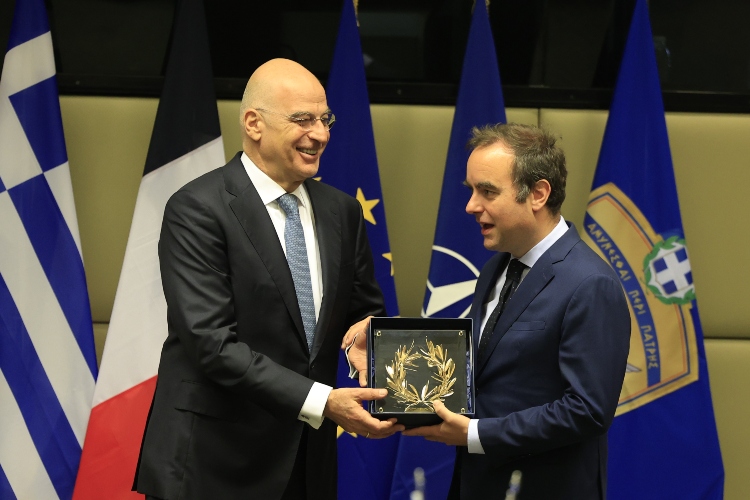
“We already have close cooperation,” he continued, “which is reflected in the acquisition of three Belharra frigates and the discussion about the acquisition of a fourth, the acquisition of Rafale [aircraft], which with their weapons are key to deterrence and defence in the Aegean and the Eastern Mediterranean.” He also emphasised that an agreement for the purchase of 16 Exocet missiles by Greece was signed after the meeting with Lecornu.
“Close cooperation in the field of innovation has begun,” added Dendias, while referring to the first Greek-French symposium on innovation in defence, organised in December 2024 in Athens.
He reiterated that Greece and France participate jointly in missions and referred to Operation “Aspides” as an example, while regarding European defence cooperation and industry, he explained that “Greece appreciates France’s contribution to the creation of a common European environment,” in the context of reducing the EU’s dependence on third parties. Regarding funding to third parties, Dendias clarified that “we must limit funding to third parties,” referring to “those who act in a manner of dubious credibility with regard to the strategic interests of our country”.
He also expressed Greece’s views on the draft SAFE regulation and stressed: “The security issues of all EU member-states must be fully respected. There must be clear eligibility criteria. We believe in both qualitative and quantitative criteria.” “Qualitatively,” he added, “cooperation should include partners who share the principles and values of the EU and quantitatively, who meet a minimum threshold of compliance with the common foreign and security policy. I cannot understand how countries with complete divergence from the common foreign and security policy can participate in SAFE.”
He also acknowledged France’s efforts to strengthen European defence: “We are absolutely ready to cooperate with France on this,” he said. Dendias said that they also discussed a series of issues worldwide, such as Ukraine, the Eastern Mediterranean, the Aegean, the Middle East, but also North Africa and the Sahel.Furthermore, Dendias informed the French minister about his recent trip to Lebanon and the Greek government’s decision to support the Lebanese Armed Forces, while regarding Syria, Dendias underlined “the need to protect all ethnic and religious communities,” making extensive reference to the Christian community.
On his part, Lecornu thanked Dendias for his warm welcome and stated, among others, that “the issue of maritime defence is the cornerstone” of Greek-French discussions in the Eastern Mediterranean, the Middle East and North Africa.“This is the first time in many years that we have seen the sea route experience such instability and destabilisation,” Lecornu explained. “Both Greece and France are two major maritime nations,” he added.
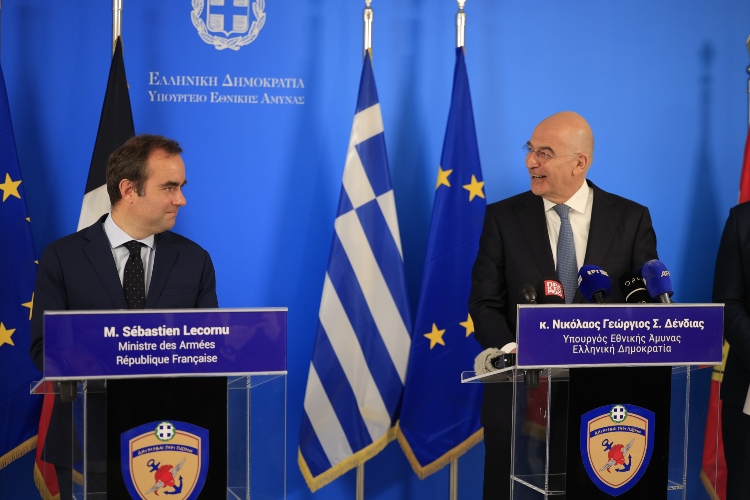
He also thanked Greece for the way it has welcomed “the entire French navy and the aircraft carrier Charles De Gaulle.” “The need at the political and operational level sets the tone for the industrial sector and not the other way around,” Lecornu clarified. He said they had discussed the different capabilities of the two countries, including the Mirage and the Rafale aircraft but also the entire Navy. He also referred to the cooperation between Greece and France in the Red Sea, while making special mention of the weapons given to Ukraine. Regarding electronic warfare, he said that “we examined the needs” while clarifying that there is a “common desire to move forward with the issue of the fourth frigate (Belharra)”. Lecornu also said that “on the strength of Greece’s decisions” France might ask Naval Group to complete the order within Greece, talking about a possible Naval subsidiary within the country in collaboration with local actors and working primarily with Skaramangas Shipyards.
He said this would be very important for local jobs but also “a very important issue for the integrity and sovereignty of the country, as well as a point of assurance for the military leadership, which will have a local reference point, a local interlocutor.” “We will continue,” he clarified, “to work together on a set of munitions,” while also referring to the agreement with MBDA for Exocet missiles, adding that “ships and planes must carry the corresponding equipment.”
“France must also renew its own equipment,” he said, while adding that “there is nothing final at the moment,” and that he himself was working in this direction.Lecornu clarified that the goal is to increase the number of ships in the French navy, while noting that this raises production issues, “since the greater the demand, the greater the production of equipment and ammunition must be.” “We must see together how this future production will be carried out and what degree of autonomy we want to achieve, and therefore in this context our cooperation is the cornerstone,” the French minister underlined.
Source: pagenews.gr
Διαβάστε όλες τις τελευταίες Ειδήσεις από την Ελλάδα και τον Κόσμο










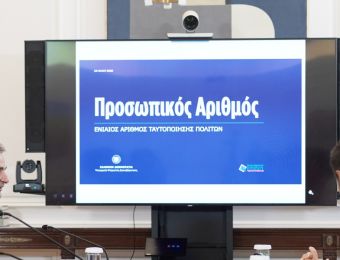


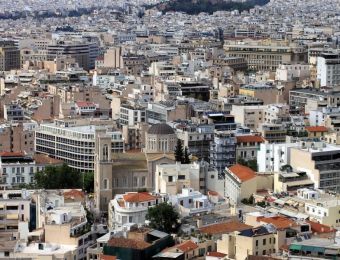

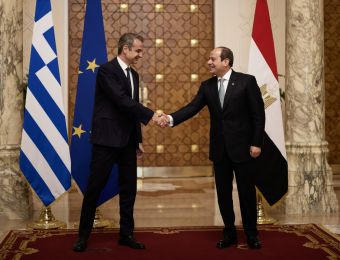
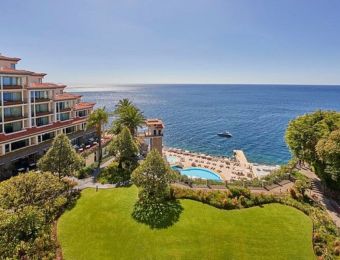


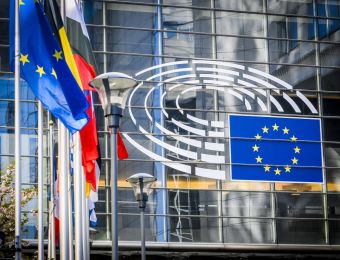
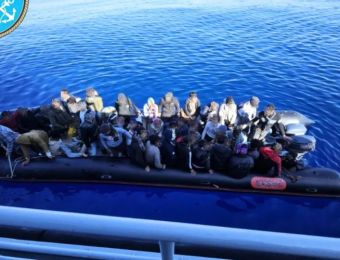
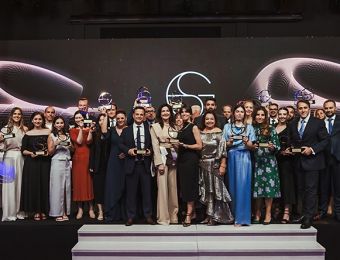
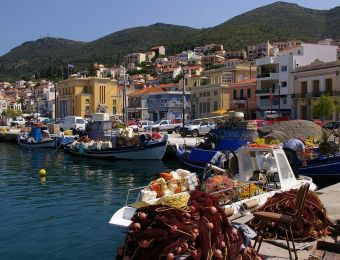
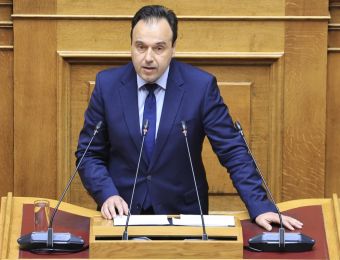

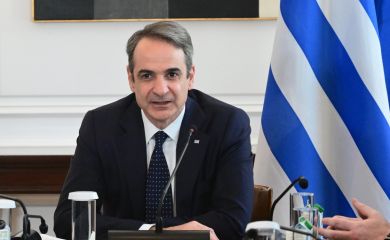
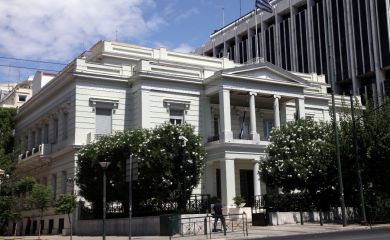
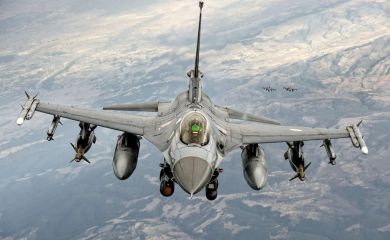
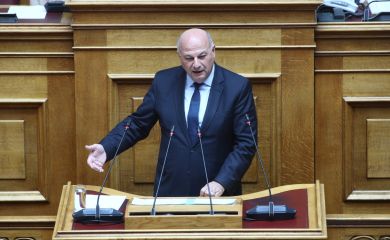
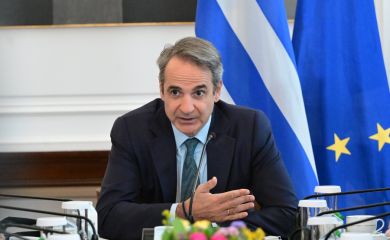
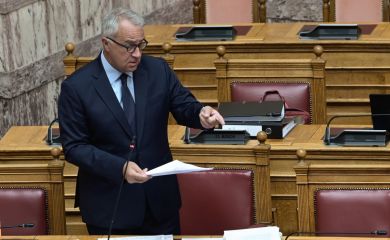
Το σχόλιο σας